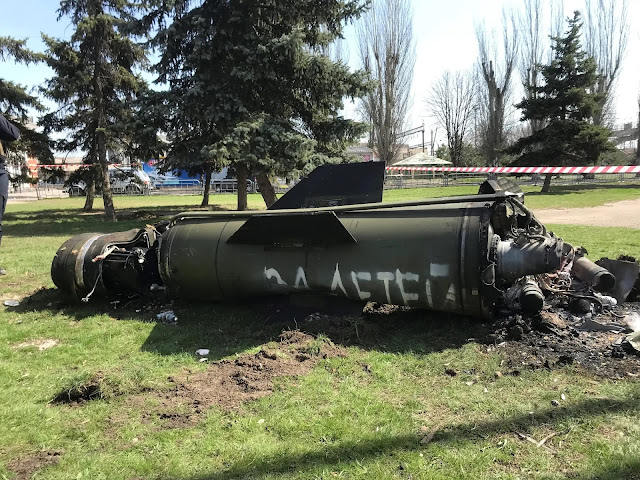A blog for sufferers of Ukraine Brain - where to begin?

Hello. Thanks for looking at my blog! I started it as a means to vent my own frustrations about the inconsistencies and outright falsehoods I see constantly in mainstream reporting on the Ukraine conflict, and I hope that it might help other people to see this reality for what it is. Getting over the huge stigma of talking about it objectively and honestly, is the first and biggest step. As you might imagine from the name of the blog, for me the final break with mainstream news came in February 2022, with the coverage of Russia's Special Military Operation in Ukraine. To give a little context: in August 2019, the podcast Chapo Trap House coined the term 'Epstein Brain' to describe the inability to think about anything else when confronted with the reality that Jeffrey Epstein, about to testify in federal court and potentially incriminate lots of celebrities and politicians in a child sex trafficking scandal dating back 30 years, suddenly dies in what is immediately ruled ...



